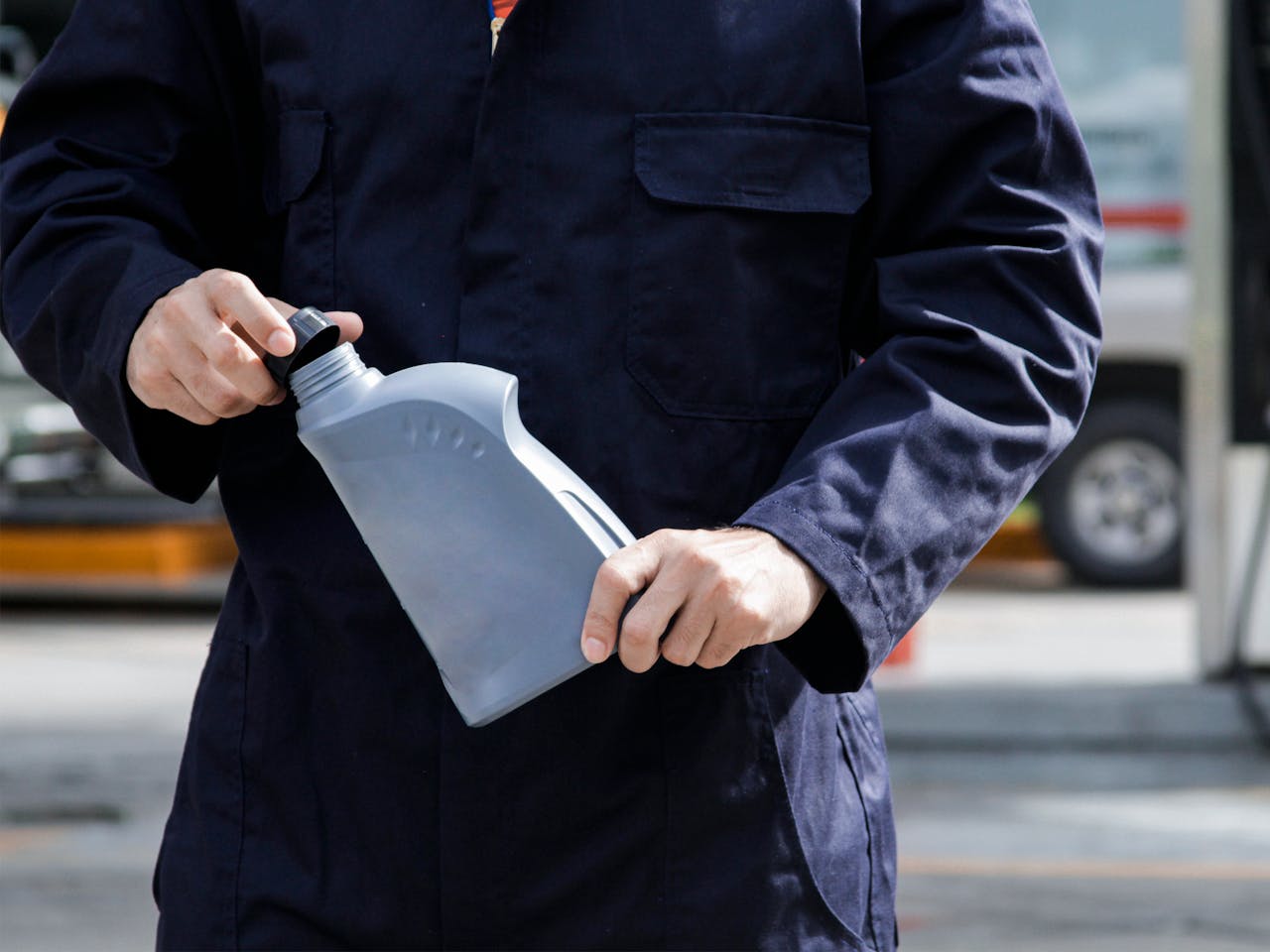

The automotive lubricant market in Southeast Asia is at the cusp of a digital revolution. Stakeholders can anticipate a continued surge in digitalization applications for the lubricant market, aimed at driving efficiency, enhancing customer experiences, and championing sustainability initiatives. Key themes such as e-commerce, data analytics, IoT integration, personalized experiences, and sustainability are poised to shape the industry's trajectory, providing opportunities for innovation and growth.
The integration of Internet of Things (IoT)-enabled devices into vehicles is at the forefront of digitalization in the lubricant industry. This integration is fostering a connected ecosystem, enabling proactive maintenance and predictive analysis.
Online platforms and mobile applications are expanding their capabilities to give digital solutions for lubricant business, by offering personalized recommendations and tailored lubricant solutions. Anticipated advancements in this realm are expected to revolutionize the automotive industry by significantly improving maintenance practices, enhancing vehicle performance, and ultimately delivering a more satisfying customer experience.
The embrace of emerging technologies is a cornerstone of lubricant application development. Artificial Intelligence (AI) and machine learning (ML) applications are playing a pivotal role in driving predictive maintenance and optimizing lubrication schedules, leading to improved vehicle performance.
Additionally, blockchain technology is being leveraged to enhance transparency, traceability, and authentication within the lubricant supply chain, acting as a potent weapon against counterfeit products. The synergy of these advancements is set to revolutionize maintenance practices, ensuring the delivery of high-quality lubricants for optimal vehicle functioning.
The lubricant industry is placing an ever-growing emphasis on eco-friendly solutions, responding to the global call for sustainability and reduced carbon emissions. The integration of digital tools is proving instrumental in tracking and analyzing lubricant usage, facilitating the development of greener alternatives. This concerted effort aligns with circular economy initiatives, aiming to optimize lubricant consumption, minimize waste, and contribute to a more environmentally friendly industry.
Stakeholders actively engaging in these sustainable practices are not just meeting regulatory requirements but actively participating in shaping a greener and more responsible future for the automotive sector.
Digital marketing channels are expanding as automotive lubricant companies strive to engage customers effectively. The industry is witnessing a shift towards increased brand awareness, sales growth, and enhanced customer connections through targeted campaigns and personalized messaging.
Leveraging e-commerce platforms is becoming a norm to enhance online presence, provide personalized customer experiences, and reach a wider audience. These efforts are not merely about optimizing marketing strategies; they are about fostering stronger connections with customers in the ever-expanding digital landscape.
The SEA automotive lubricants market provides opportunities for the creation of digitalization apps. Stakeholders seizing the opportunity to integrate digital solutions into their businesses, from IoT and AI to sustainable practices and digital marketing, are not only staying competitive but are leading the industry towards a more connected, efficient, and sustainable future. The road ahead is paved with opportunities, and those embracing the digital transformation are poised to drive the next phase of evolution in the automotive lubricant market trends.
Source: https://ycpsolidiance.com/white-paper/SEA-automotive-lubricants

SEA Cryptocurrency Regulations and Policies
Navigating SEA's cryptocurrency regulations requires a nuanced understanding of the regulatory landscape, adoption trends, and influencing factors.

The Transformation of Myanmar's Garment Industry
Myanmar's garment industry has undergone substantial expansion and change in recent years. Learn more about the latest developments in the sector.

The Development of Agriculture in Myanmar
Learn more about the latest advancements in Myanmar’s agriculture sector as the industry continues to mature.

Updates on Shared Mobility in Myanmar
We look at the current trends, challenges, and opportunities for shared mobility services in Myanmar.